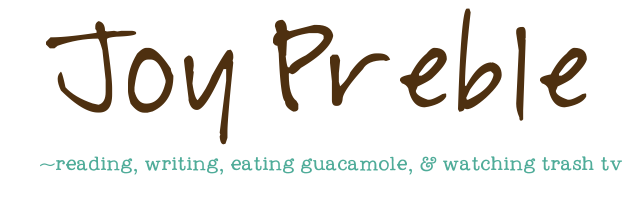Went to see Victoria Schwab and Rachel Hawkins at Blue Willow Books this weeks and as happens when a bunch of readers meet up with awesome authors, talk turned to writing and plotting and origin stories and the like. Victoria described how she saves up plot points like a chipmunk saving nuts and when she has enough, has those 10 or 15 key moments that will make up a novel, she basically connects the dots. "I'm not a plotter or a pants-er," she told the crowd. "I'm a connect-the-dots-er"
For the most part, this describes my process as well. Oh, I do full-blown outlines of the skeleton draft variety when I'm forced to. And certainly I almost always have to know the end and keep it in mind as I write. In fact I write at least a sketch of that final scene early on, trying to encapsulate the emotional beats, giving me something to aim at. It helps the story arc develop. It helps keep me true to the emotional arc I've envisioned for the main character. It gives me focus. But as for keeping tight to outlines, that's a bit troublesome for me. So much of novel writing for me comes with the freedom to explore and shift and tweak the story during that exploratory first full draft.
The business end of publishing sometimes stymies this process, although I'm sure that's not its intention. Agents need a full outline to sell a proposal and sample pages. An editor may come back to an author and say, I need to know exactly what happens all the way through. Which is easy to tell her or him when the book is finished. Less simple when you've only written act 1. I always know the plot in general. But I have to leave myself room for the characters to discover things that I do not yet know. Yes, I know that sounds a bit twee and precious and but it's true. Shit happens when you write. That's the miracle of creating something out of nothing. That glorious moment when the 'oh that's what this is all about' reveals itself to you like some sort of writer's Mt. Sinai and you're gobsmacked and cheering and you think yes, yes, THIS is why I am a writer. Because of this! Because something layered and complex has revealed itself through the act of telling the story, one of those glorious grey areas about life that hang out in the fringes of your brain waiting for you to realize oh! That's why I was writing this. That's what this character is all about.
It's a crazy wonderful way to try to earn a living, isn't it?
Watched part of a documentary on the great stage and screen director and improv comedian, Mike Nichols. (whose improv partner Elaine May created and starred in one of my favorite obscure 70s movies, a New Leaf, about a wealthy guy who goes broke and decides to marry this dingy wealthy lady botanist and then kill her on the honeymoon, only she finds this undiscovered species of fern and things go wacky and ultimately in a different direction from there) Anyway, Mike Nichols ( who directed The Graduate and Who's Afraid of Virginia Woolf and Barefoot in the Park and many other films and plays) believes that there are only three types of scenes: Negotiation, seduction, or fights. I'm not sure if he meant this specifically for stage plays and film or for all story telling but now it's stuck in my head and I'm going to see what I can do with it. Basically, his theory is that if a scene isn't moving forward, or if it's boring, probably it isn't doing one of those three things and if you can tweak it so it can, things will work just fine.
So how do you plot a novel? What are your tricks and secrets?

No comments:
Post a Comment